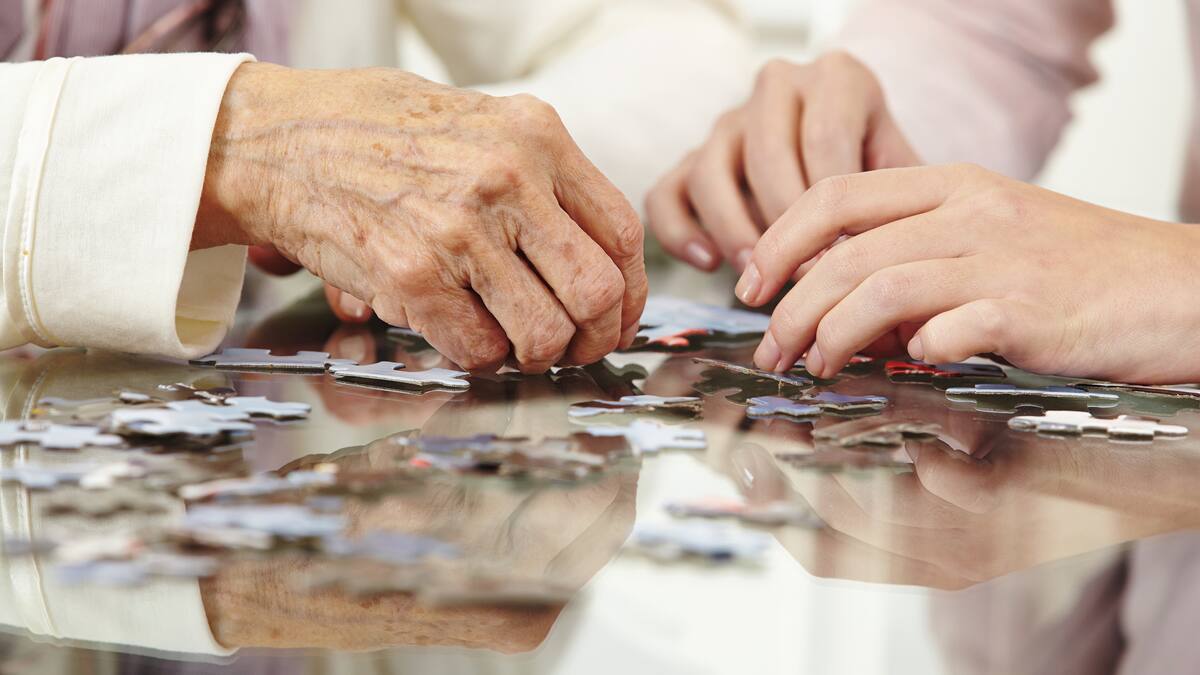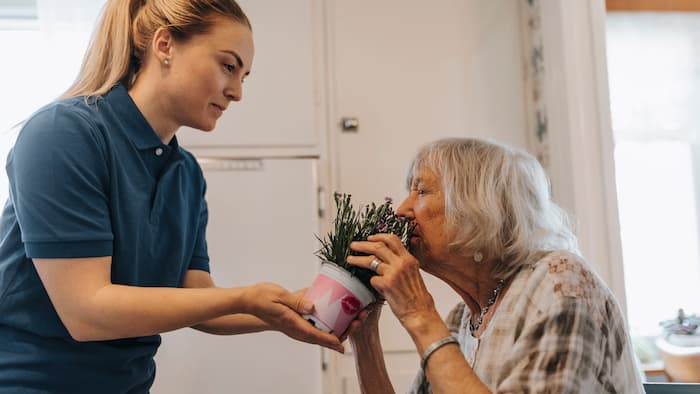
What is personalisation in care?
Why is personalisation important?

Living at home, we are free to make our own choices and decisions. This includes what time we wake up at and what we have for breakfast each morning, to what we wear and what we do. It encompasses all manners of choices and decisions, big and small.
Therefore, the transition from living independently to moving into supported care, such as care and nursing homes, can feel daunting. There is a concern by individuals moving into care environments that everyone is treated the same, removing individuality and choice and consequently, reducing quality of life. As a result, developing personalised care for each individual is crucial, as it recognises that every person is different with their own preferences.
How can staff uphold personalised care?
Many care providers seek individuals driven by a passion for assisting people in need of additional care and support. While this quality is vital for enhancing residents' quality of life, reports conducted reveal the importance of caregivers being attentive to the unique needs of the individuals they care for serve. For instance, specialised training programmes are available to help caregivers enhance their skills and knowledge, particularly in caring for individuals with dementia.
By tailoring care strategies to the individual requirements of each person, this approach ensures not only effective treatment is provided, but also develops an empathetic connection between carers and residents; creating trust and respect.
How can it be implemented?

To make residents feel at home, personalised care must go beyond providing a standardised approach to caregiving and instead, focus on understanding and respecting the individuality of each resident. This can be implemented in various aspects of a resident’s life, including hobbies, interests, dietary requirements, and activities. Everyday tasks such as such as cooking, making drinks, and getting dressed should also be considered, as some residents thrive on the ability to act independently.
In certain care homes where independence is encouraged, such as assisted living and retirement homes, staff provide residents the opportunity to take ownership over particular tasks including keeping their bedroom tidy and doing their own laundry. For example, laundry appliances such as washers and dryers have been created with this in mind, with an easy-to-use interface further allowing residents to feel more in control of their own, day-to-day life.
Mental and physical health will also need to be taken into consideration, as there may be limitations on what individuals are able to do. For residents with mobility issues, activities should be carefully planned to ensure they can participate without straining themselves. Activities including puzzles and jigsaws, bingo and quizzes and arts and crafts are a great alternative to other physical activities, which can boost mental health and support residents to maintain their independence. Residents with conditions such as Dementia may enjoy sensory experiences, such as listening to music and watching TV shows from their past which may reignite happy memories.
What does the future look like?

As time passes, the needs and requirements of future generations will continue to change. As technology is constantly evolving, the elderly of tomorrow will have a better understanding and so, expectations will be different. For example, think of how much we rely on our devices such as smart phones, tablets, and laptops on a daily basis; care homes will need to be prepared for this.
Technology will also support other aspects of personalised care too. In Japan, technology has supported care homes by reducing workloads through the use of data. The software platform integrates analytics and AI with proprietary data based on resident’s exercise, sleep, diet, and medical treatment. Data analysis methods helps lighten carers workloads and allows them to personalise care plans based on the needs of each resident. As a result, care homes now have more time to accommodate residents’ requests — such as a trip to a nearby park or a visit to their favourite restaurant.
As we look towards the future of care, it’s evident that a more personalised approach is required to make life more meaningful and worth living for residents. By understanding and responding to the unique needs and preferences of each individual, personalised care empowers residents, improves outcomes, and promotes a higher quality of life.
- 1.NHS England - https://www.england.nhs.uk/blog/music-and-dementia-a-powerful-connector/
- 2.Financial Times - Care homes in Japan use big data to boost caregivers and lighten workloads (ft.com)
- 3.Social care institute of excellence - https://www.scie.org.uk/personalisation/practice/residential-care-homes/promoting-independence
- 4.Quality of life in care homes - https://myhomelife.org.uk/wp-content/uploads/2014/11/mhl_summary.pdf
- 5.NIHR - https://evidence.nihr.ac.uk/alert/a-good-cqc-rating-linked-better-quality-of-life-residents-care-homes/


